KT&G Corp. appointed Kyung-man Bang as its president, CEO and representative director.
Despite opposition from some shareholders, Bang was elected president with overwhelming support during KT&G’s annual meeting on March 28, according to the company. The election of CEO and outside director was conducted jointly through combined cumulative voting as per shareholder request, with the aim of protecting minority shareholder rights.
“I am deeply grateful to the shareholders for entrusting me with the honorable opportunity to serve the company as CEO, and to the employees for their tireless work and dedication across both domestic and international business arenas,” said Bang.
“We are committed to achieving our vision of becoming a global top-tier company by taking a leap forward and leveraging our three core business areas—overseas combustibles, next-generation products and health-functional food—as the cornerstone for growth. We will also put our best effort to enhance corporate value and to establish a strong foundation of trust with stakeholders by sharing our profits with various stakeholders.”
Furthermore, Bang introduced his “T-O-P strategy,” a new business approach designed to help KT&G achieve its vision of becoming a top player. According to Bang, “T-O-P” stands for “trust,” “origin” and “professionalism.”
It aims to demonstrate KT&G’s commitment to enhancing stakeholders’ trust with proactive engagement, establishing an undisputed “origin” with a first-mover approach and securing global expertise and professionalism through performance and growth.
Bang encouraged employees to build upon KT&G’s legacy of persevering through numerous crises and to aspire to new heights of success by taking on new and daring challenges.
Since joining Korea Tobacco and Ginseng (KT&G’s predecessor) in 1998, Kyung-man Bang has held various management positions at the company, including roles such as managing director of brand management, executive managing director of global headquarters, executive managing director of strategy and planning headquarters, and chief business officer.
As managing director of brand management, Bang helped KT&G solidify its leadership position in the domestic market by launching ESSE Change, which has become a leading brand. Moreover, during his tenure as executive managing director of global headquarters, Bang expanded KT&G’s overseas market presence to more than 100 countries and delivered an unprecedented KRW1 trillion in overseas sales by developing tailored brand portfolios for each market and accelerating market expansion efforts.
As chief operating officer, Bang has played a pivotal role in executing the company’s mid-term to long-term growth strategy that focuses on three core business areas. He has made significant contributions to expanding the direct business model for the company’s overseas combustibles business, driving rapid growth in the next-generation product business, and establishing localized value chains for overseas health-functional food business.
During the annual meeting, shareholders also approved the appointment of Dong-hwan Shon and Sang-wook Kwak as outside directors, with Kwak also serving as an audit committee member. “We are fully dedicated to driving the company’s growth and enhancing shareholder value, with the newly formed board of directors leading the change at the forefront,” the company wrote in a press release.


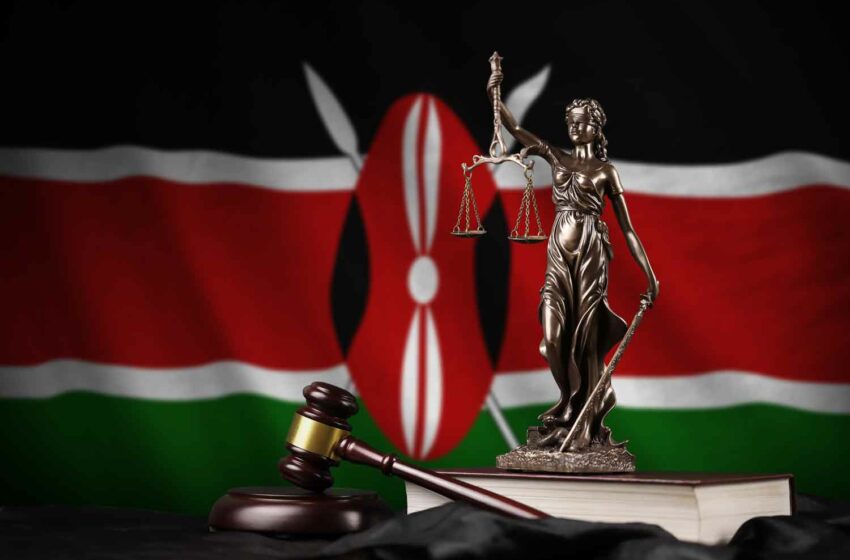




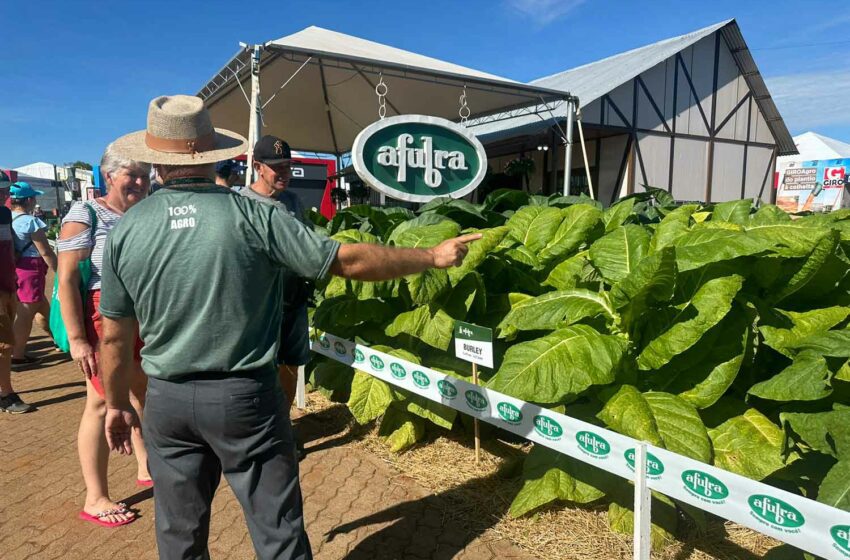
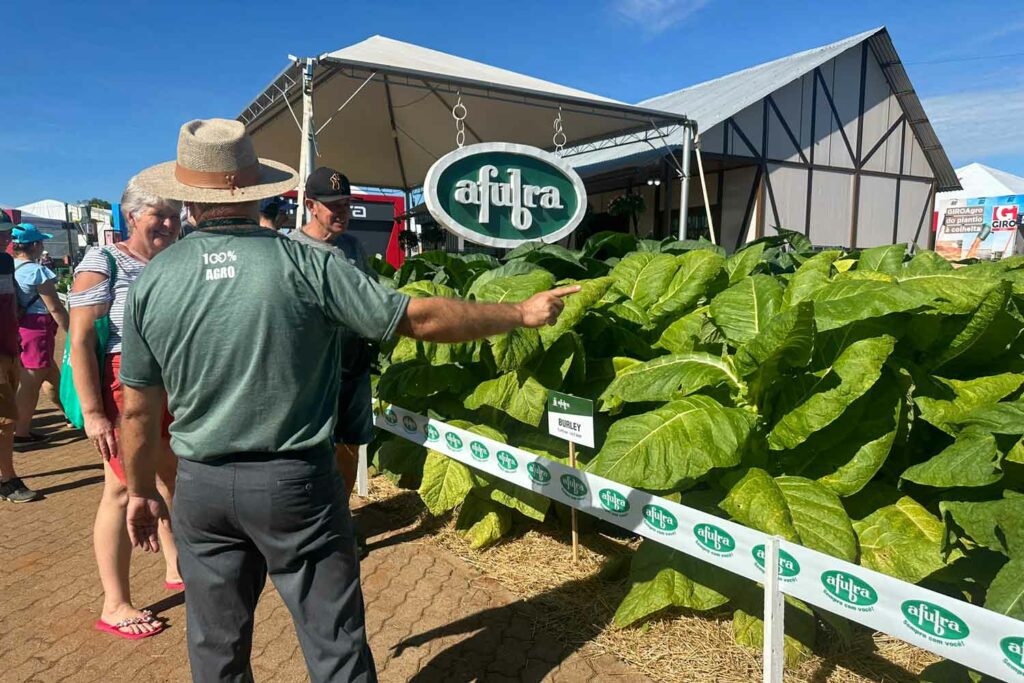
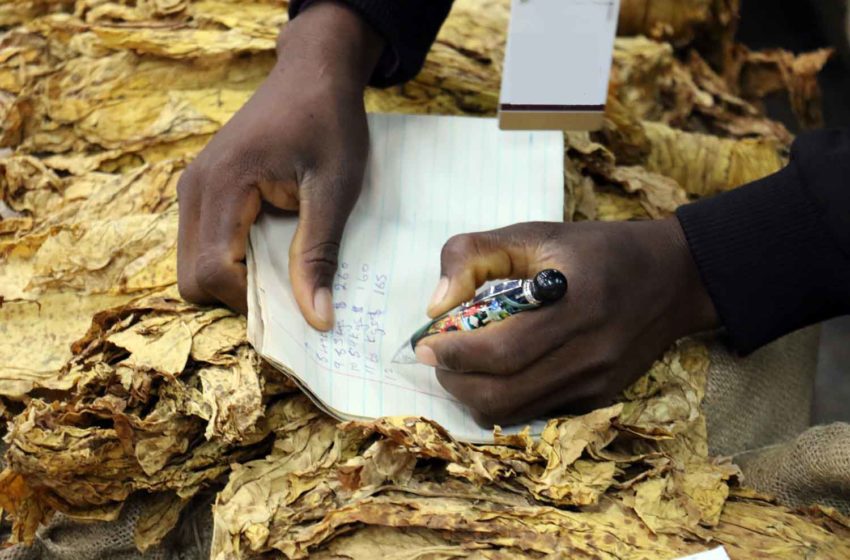
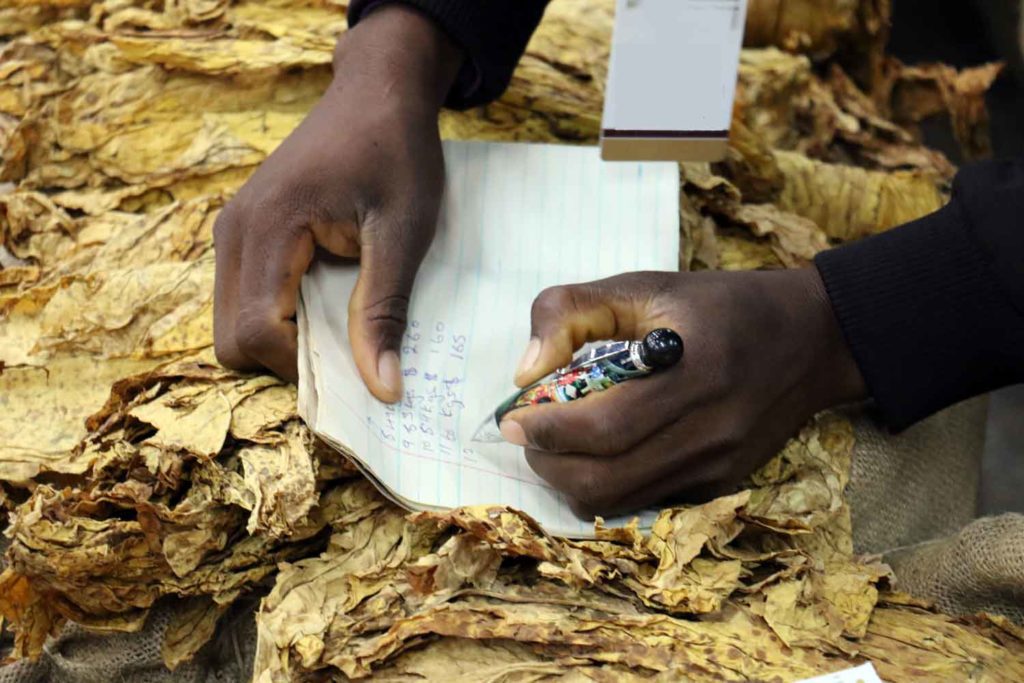


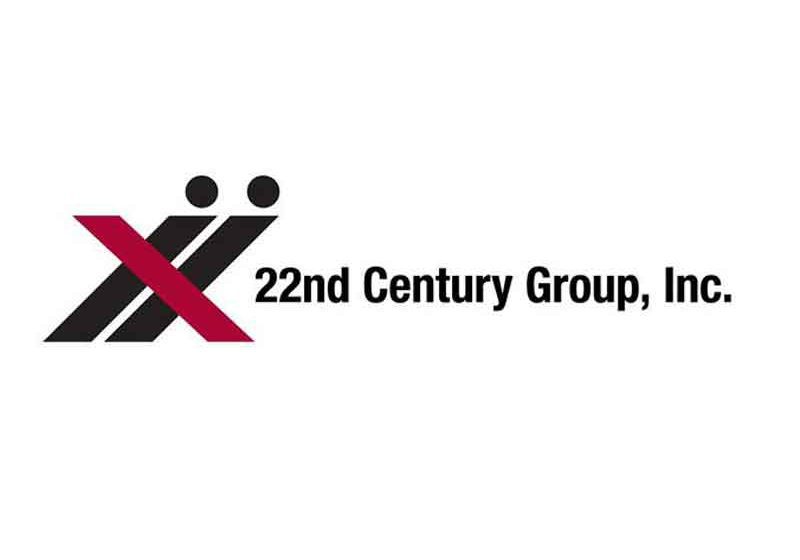
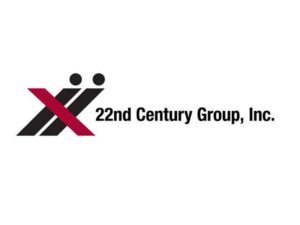 22nd Century Group reported net revenues of $7.4 million for the quarter that ended Dec. 21, 2023, down from net revenues of $10 million in the comparable 2022 quarter. Gross loss for the fourth quarter was $7.8 million compared with a gross loss of $100,000 in the prior-year period. The loss included a one-time charge of $7.9 million for certain inventory write-down adjustments.
22nd Century Group reported net revenues of $7.4 million for the quarter that ended Dec. 21, 2023, down from net revenues of $10 million in the comparable 2022 quarter. Gross loss for the fourth quarter was $7.8 million compared with a gross loss of $100,000 in the prior-year period. The loss included a one-time charge of $7.9 million for certain inventory write-down adjustments.




